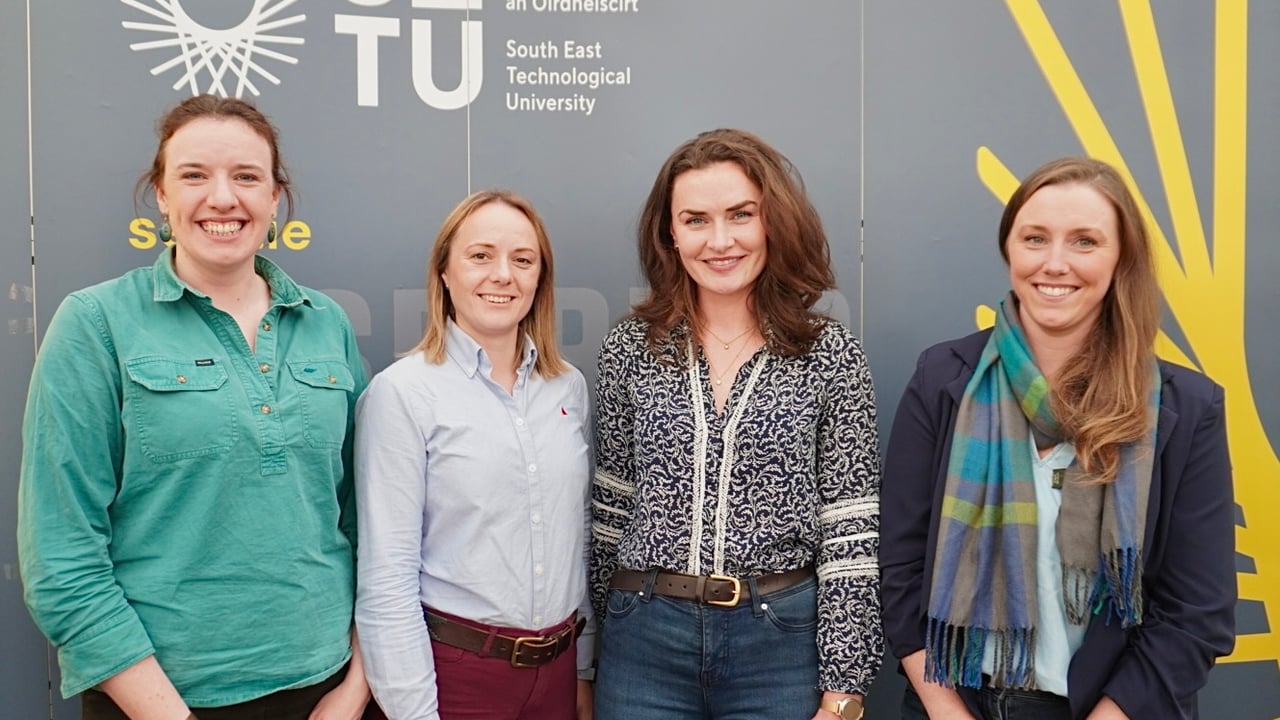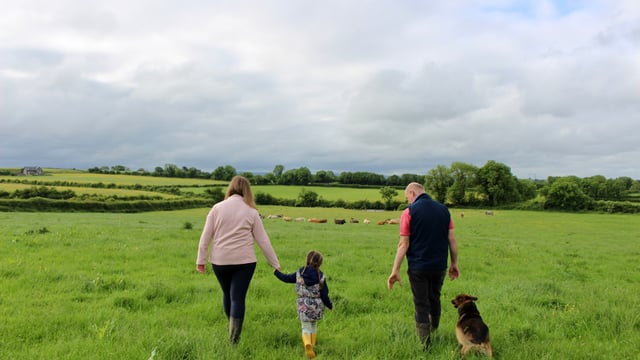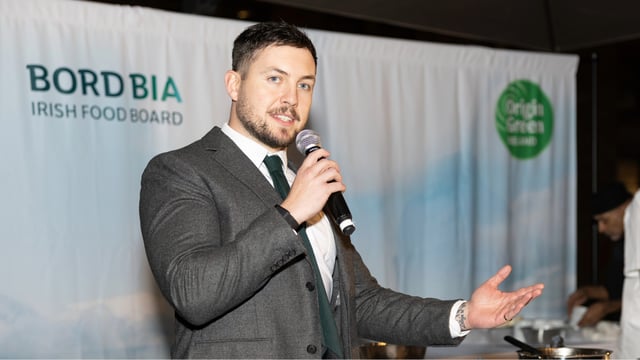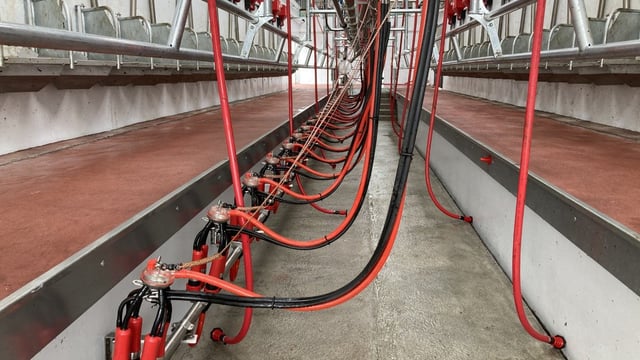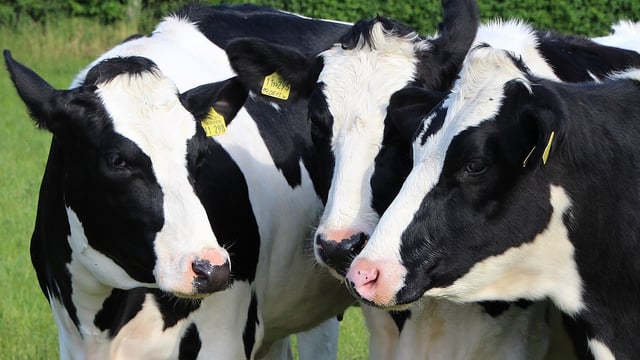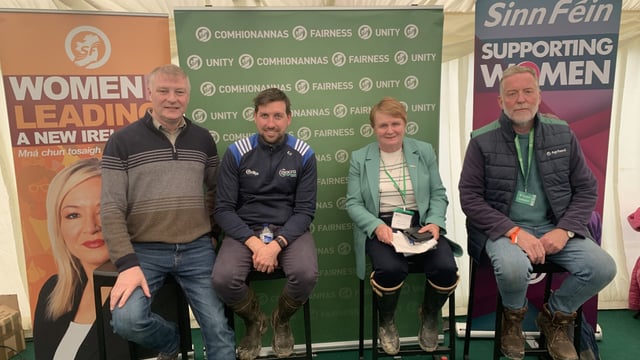SETU Ploughing panel discusses evolving needs of vet practices
The South East Technological University (SETU) led a high-profile panel discussion on the evolving needs and challenges of veterinary practice at the National Ploughing Championships this afternoon (September 16).
The discussion was called ‘Veterinary Voices: Future of Practice’, and was chaired by Dr. Mary-Kate Burke, the head of department of veterinary medicine at SETU.
It addressed key issues shaping the sector, from new programmes, legislation and the One Health agenda to the impact of technology and the ongoing challenge of retention.
Joining her on the panel were Dr. Lucy Jerram of Highfield Veterinary-large animal, Dr. Eilidh Thomson, lecturer in farm animal veterinary medicine at SETU, and Dr. Emma Corbett-Coffey, lecturer in small animal veterinary medicine at SETU.
Each shared perspectives from their area of expertise, while highlighting the opportunities for innovation and improvement.
Dr. Jerram said: "Legislation and workforce demands are reshaping how veterinary practitioners deliver care on the ground.
"Collaboration between universities, practitioners, and policymakers is critical for the future of the profession," she added.
SETU
Dr. Burke believes that the National Ploughing Championships was the ideal platform for SETU to host this debate.
“Events like this allow us to step back and reflect on how the profession is changing and the role of third-level education in supporting it,” she said.
“SETU’s new five-year Bachelor of Veterinary Medicine (MVB) degree, set to welcome its first 40 students in September 2026, is designed with the realities and diversity of modern veterinary medicine practice in mind."
While retention remains a pressing issue across the profession, Dr Burke believes the new SETU programme forms part of the solution.
“By expanding capacity here in Ireland and developing this programme in a measured way, we are giving students the chance to study and give back to their own communities,” she said.
“Having worked within both traditional vet school models and distributed clinical models, I’ve seen the strengths of each. The distributed model meets the needs of today’s veterinary industry and offers a sustainable future."
SETU is working with local and national stakeholders as well as international experts to shape a curriculum in line with the highest professional standards and the accreditation requirements of the Veterinary Council of Ireland.

